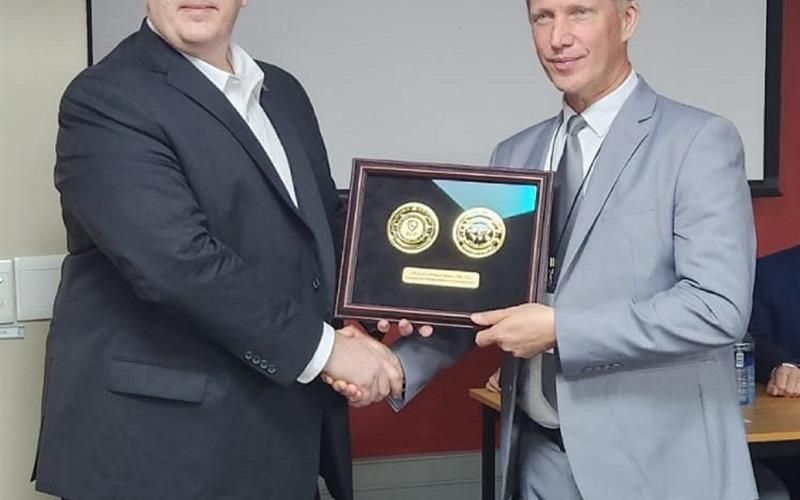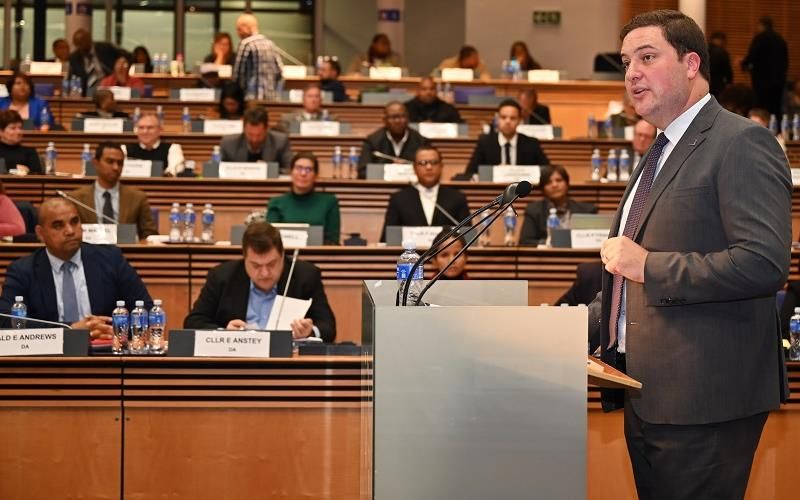On May 24-25, the City of Cape Town’s Safety and Security Directorate hosted a two-day workshop to discuss the use of body and dash cameras. The workshop aimed to explore the most effective ways to utilize these technologies as they are being deployed on a wider scale in the upcoming financial year.
International Association of Chiefs of Police (IACP) Attendees
Representatives from the International Association of Chiefs of Police (IACP) attended the event to exchange high-level overviews of operations and technology use. The speakers included experts from the Los Angeles County Sheriff’s Department and the Fairfax County Police Department in Virginia, each offering their unique perspectives on the subject.
Harnessing the Knowledge of Experts
Alderman JP Smith, Mayoral Committee Member for Safety and Security, emphasized the importance of consulting with subject matter experts when venturing into new territory. As the use of body-worn cameras and dash-cams is relatively new in South Africa, the City of Cape Town is determined to harness the knowledge and experiences of those already familiar with the technology. This has previously led to the development of innovative policing strategies and specialized units.
Benefits of Technology Integration
The use of dashboard-mounted devices with Automated Number Plate Recognition (ANPR) functionality has proven invaluable to Traffic Services and has significantly bolstered the City’s enforcement capabilities. Lessons learned during the pilot phase have informed the Safety and Security Directorate’s budget for the 23/24 financial year, which now includes the procurement and deployment of 50 In-Vehicle Camera Solutions.
Deployment of Additional Technology
In addition, the Directorate plans to deploy 400 Body Worn Cameras to improve officer safety and situational awareness. These cameras serve to safeguard both the public and City staff, ensuring transparency and accountability in situations where claims are made against them. Furthermore, the upcoming 12-month period will witness the deployment of 10 fixed ANPR cameras and 20 mobile ones, with a possible extension into the 24/25 financial year.
Gratitude to IACP
Alderman Smith expressed gratitude to the IACP for their positive response and valuable contributions. The City of Cape Town has nurtured strong working relationships with international counterparts, resulting in numerous fruitful information exchanges. This collaborative spirit will continue to drive future partnerships and opportunities, with the ultimate goal of building a robust safety and security network for the City’s communities.








